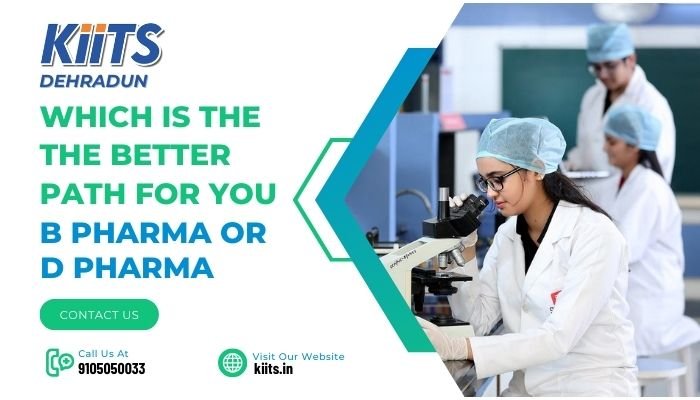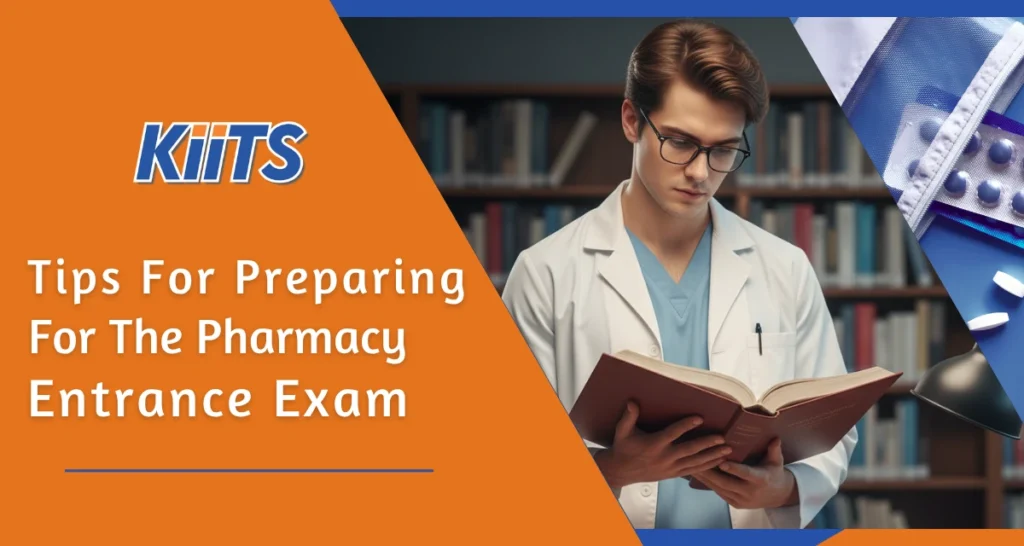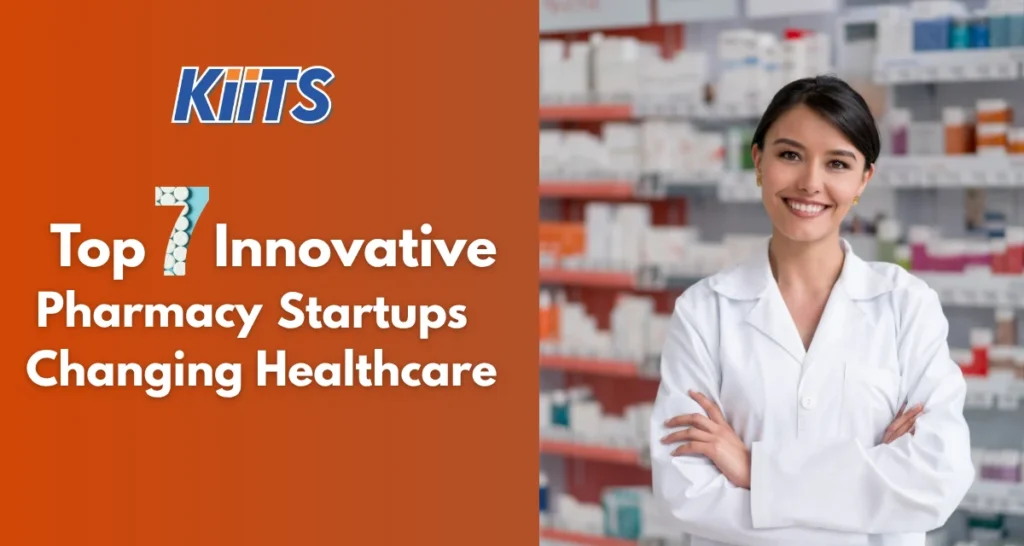By making sure patients receive the right pharmaceuticals and guidance on how to use them, chemists play a crucial role in the healthcare industry. They greatly improve patient care by managing chronic illnesses and preventing drug interactions.
Research is crucial when deciding between a career in B.Pharm or D.Pharm, and your decision should be in line with your professional objectives. Making the best choice depending on your interests and goals is essential for a successful pharmacy career, as both degrees have special benefits.
How to Choose the Right Degree for You?

It’s essential to conduct study and determine which degree best suits your needs and professional objectives. Making the best choice for you is crucial because both degrees offer benefits and drawbacks.
It can be difficult to choose the correct degree, but it’s important to make sure your education and job objectives are compatible. These steps will assist you in making a decision:
Investigate Your Options: Learn about the many degree programmes that are offered, such as the D.Pharm and B.Pharm, and gain an understanding of their respective requirements. This will assist you in deciding which degree best suits your hobbies and professional objectives. Consult with experts in the sector to learn about the employment landscape and the qualifications needed.
Think About Your Budget: Analyse the price of various degrees and look at available financial aid. Making an informed choice can be aided by being aware of the financial commitment required to pursue a B.Pharm degree or D.Pharm degree.
Consider Your Lifestyle and Schedule: Certain degrees offer greater flexibility, while others need more time in the classroom. To pick a degree that matches your lifestyle, think about the things that are essential to you, like the amount of time you can dedicate to your studies and the amount of flexibility you require.
Possibilities for Employment with a B.Pharm Degree or D.Pharm Degree

What kinds of careers can one pursue with a B.Pharm degree?
B.Pharm degree can be used to pursue a number of different job options, such as:
Community pharmacists: provide patients with health advice and drugs in retail pharmacies. Establish rapport with patients and provide individualised treatment.
Hospital pharmacies: Provide prescription drugs, make sure patients receive the right care, and provide advice on how to take their meds.
Pharmaceutical Industry: Create and test novel medications, assist with sales and marketing campaigns, and help develop fresh treatments.
Research pharmacists: Examine novel treatments, take part in drug development, and conduct studies on the efficacy and safety of medications.
Pharmacy technicians: They help pharmacists with prescription distribution, insurance claim processing, and patient record keeping.
What kinds of jobs may one get with a D.Pharm degree?
D.Pharm degree also provides a wide range of professional choices, including:
local pharmacist : works in retail environments, dispensing drugs and offering health advice. They are comparable to a B.Pharm.
Hospital pharmacists : They should concentrate on providing the right procedures and distributing drugs in hospital settings.
Pharmaceutical Industry: Work on developing, testing, promoting, or selling drugs.
Research pharmacists: Conduct studies on medications, their efficacy and safety, and they also take part in the creation of novel drug therapies.
Pharmacy technicians: Assist pharmacists with a variety of duties, such as keeping track of patient information and distributing prescriptions.
When deciding between a D.Pharm and a B.Pharm degree, what should I take into account?
It’s critical to do your homework and match your decision to your professional objectives. For a pharmacy job to be successful, choosing the correct degree based on your interests, lifestyle, and goals is essential. Both degrees have advantages. Here are some crucial things to remember:
Career Goals:
B.Pharm Degree: This degree usually qualifies you for careers in industry, pharmaceutical sales, marketing, or as a community or hospital pharmacist. B.Pharm may be the best option if your goal is to work in retail environments or directly with patients.
D.Pharm: This degree typically offers greater clinical experience and equips you for positions in academia, research, or clinical pharmacy, among other advanced jobs. AD.Pharm. can be of interest to you if you want to collaborate closely with other healthcare providers and have a more comprehensive, patient-centered approach.
Length and depth of Study:
B.Pharm: Usually a four-year programme that focuses on pharmaceutical sciences, drug dispensing, and the foundations of pharmacy practice.
D.Pharm: This six-year programme often combines undergraduate and graduate coursework, with a focus on advanced pharmacological knowledge, clinical skills, and patient care.
Content for Education:
B.Pharma :Basic sciences, pharmacology, pharmaceutical chemistry, pharmaceutics, and pharmacy practice are all included in B.Pharm. It also involves getting real-world experience through internships.
D.Pharm: All B.Pharm courses are included, along with additional coursework in therapeutics, patient assessment, advanced clinical training, and more thorough clinical practice.
Career Possibilities:
B.Pharm Degree: Prepares you for jobs in pharmaceutical industry, community and hospital pharmacy, regulatory relations, and entry-level research professions.
D.Pharm : Degree in d.pharm can lead to employment prospects in clinical pharmacy, research and development, teaching, specialised fields like paediatrics or oncology, and higher-level roles in healthcare organisations.
Lifestyle and Commitments:
B.Pharm: Usually takes less time to finish, therefore it can be appropriate for people who want to start working sooner.
D.Pharm: May be appropriate for individuals seeking in-depth knowledge and advanced practice responsibilities, but it requires more time and dedication due to its lengthy duration and extensive curriculum.
Aspects of Finance:
B.Pharm: Because of the shorter term, generally less expensive than a D.Pharm.
D.Pharm: More expensive because of the lengthier study duration, but it may also have higher earning potential in positions requiring more experience.
Individual Passions:
Think about the areas of pharmacy that you are most interested in. B.Pharm can be the perfect choice if you prefer working directly with patients and getting started in the workforce right away. D.Pharm might be a better choice if you are interested to specialised treatment and advanced clinical responsibilities.
You may choose a pharmacy job that fits both your personal and professional objectives by carefully examining these factors and taking your long-term professional ambitions into account.








